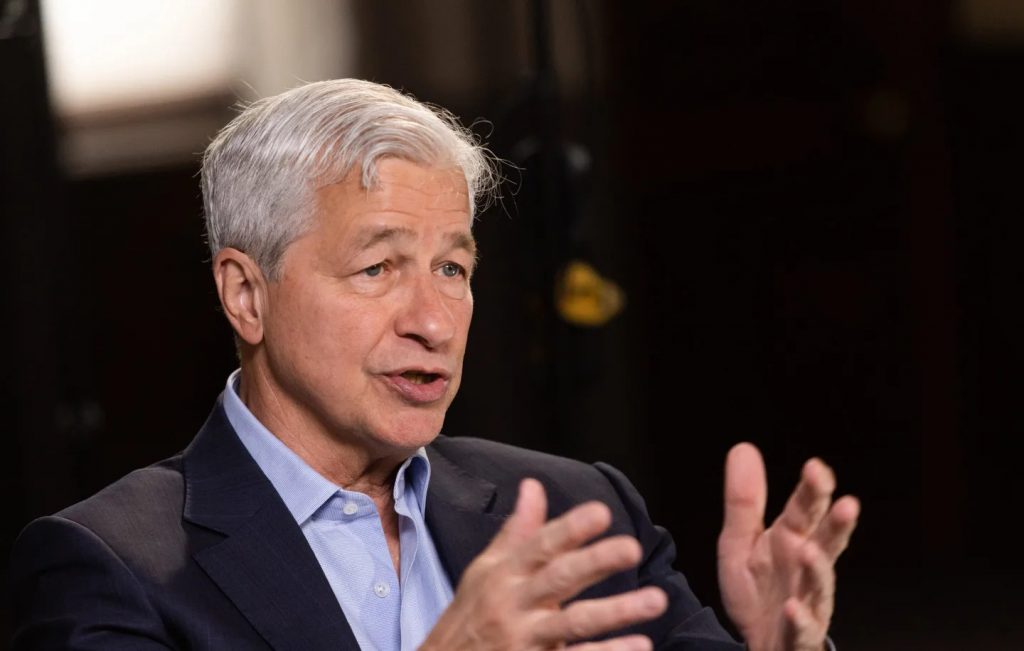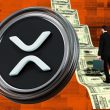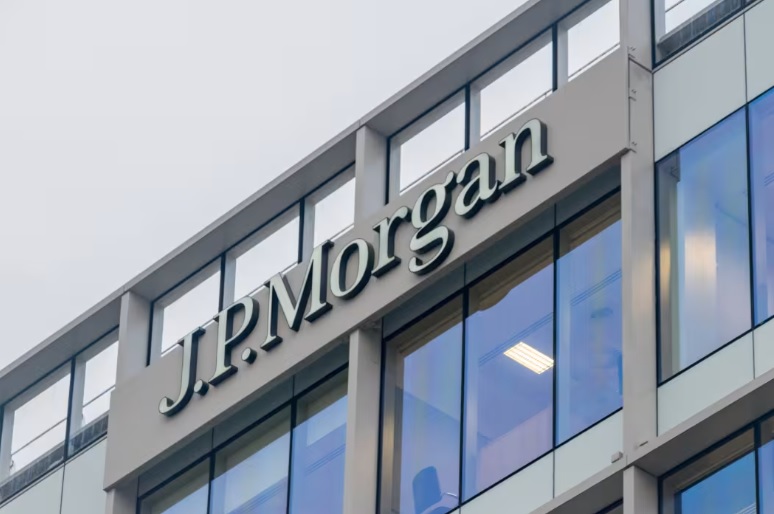JP Morgan announced a $10 billion investment in companies tied to US national security and critical minerals. The investment is part of the bank’s $1.5 trillion initiative, its latest commitment to the financial markets. The global bank is now looking at patriotic efforts with companies that deal in the US after Trump took office.
The $10 billion investment from JP Morgan would come from direct equity purchase and venture capital financing. The investments are part of a decade-long plan to bolster firms that deal with national security and critical minerals. The leading bank called the investments ‘Security and Resiliency Initiative’ and will facilitate finances across various sectors, including defense and aerospace, critical minerals, pharmaceuticals, and quantum computing, the bank said.
The bank is pursuing investment deals across 30 industries involving dozens of companies deemed critical to national security. It would also invest in subsectors such as autonomous mobile robots, nuclear energy, solar, spacecraft, shipbuilding, and artificial intelligence. However, critics stated that JP Morgan could be acting in accordance with pressure from the Trump administration.
Also Read: BofA Turns Bullish: Gold Price $5,000, Silver Targets $65
JP Morgan Is Not Under Pressure From the Trump Administration, Says Jamie Dimon


Jamie Dimon, the CEO of JP Morgan, revealed that the investments have nothing to do with the Trump administration. His statement comes after critics pointed out that the Trump administration could be pressuring the bank to invest in national security. “It was not in conjunction with anyone in the government,” Dimon said in response to a reporter’s question whether he met with Trump before the investment plan was chalked out.
He confirmed that he has “not spoken to anyone in the government,” and JP Morgan took an independent financial choice. “This is 100% commercial. We are going to take our resources of research, bankers, and investors, and we are going to scour the United States—and maybe the world—for new opportunities,” Dimon added.





